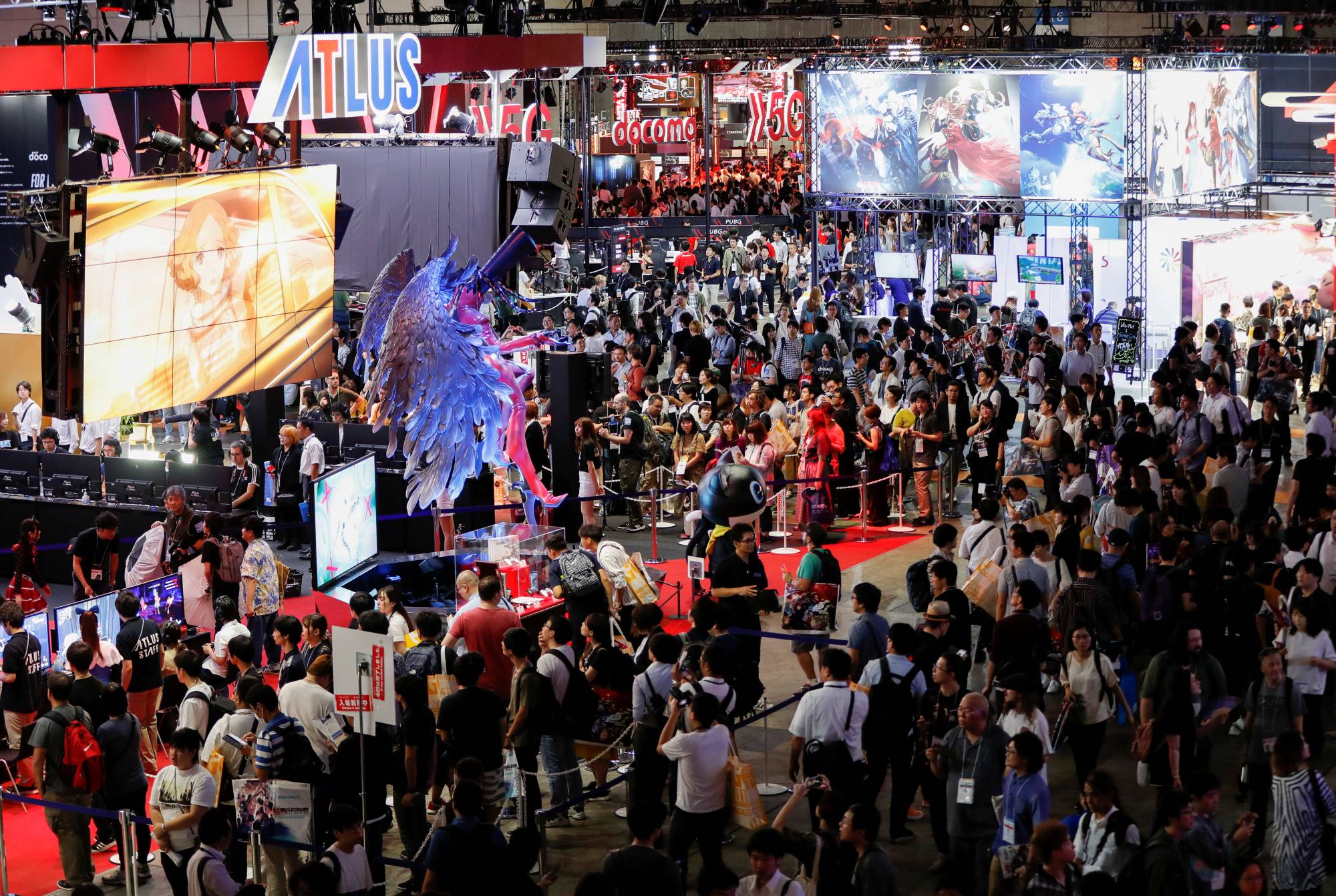In years past, all the biggest gaming news, exclusive reveals and world firsts happened in one place: the Electronic Entertainment Expo, or E3, in Los Angeles. First held in 1995 and typically held in June, E3 is a multiday event in which game companies from around the globe gather to show off their latest titles to the press and fans. But this year, once again, E3 was canceled.
Others rushed in to fill the void, and now, the in-person Tokyo Game Show (TGS) this September is more important than ever.
"It's the power of personal interaction, especially among people working in the game industry,” says Dr. Serkan Toto, CEO of Tokyo-based game industry consultancy Kantan Games. ”Let's not forget a lot of deals happen directly at the venues of these shows. As a gamer, I personally enjoy the atmosphere of these shows and the possibility to go hands-on with unreleased games, interact with other fans or make new connections."



















With your current subscription plan you can comment on stories. However, before writing your first comment, please create a display name in the Profile section of your subscriber account page.